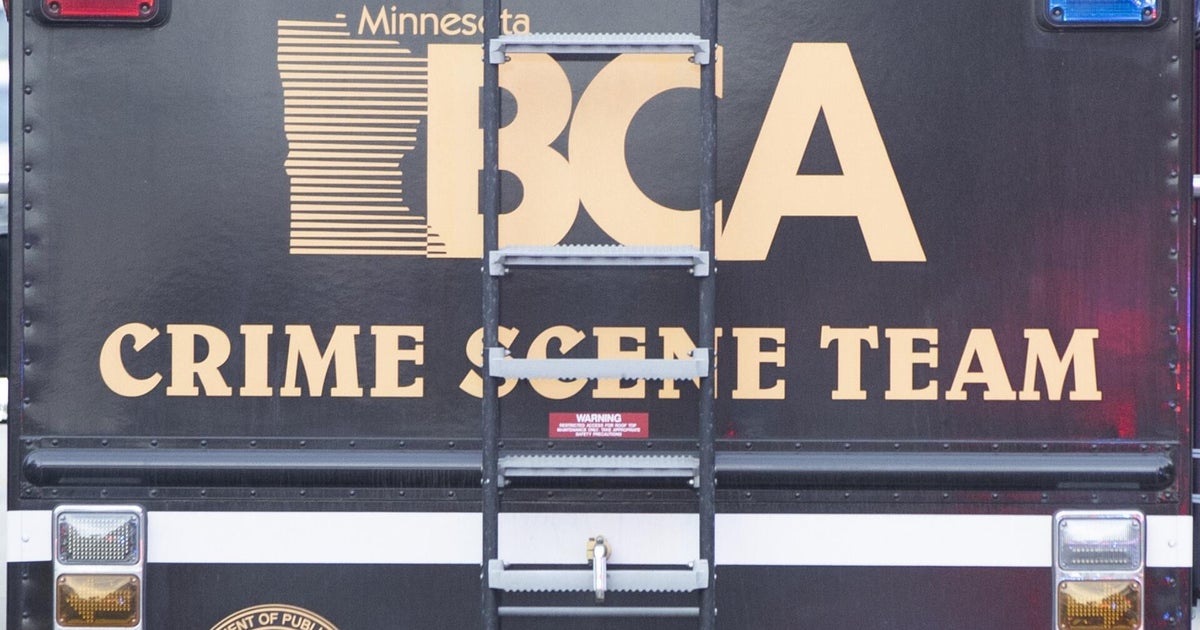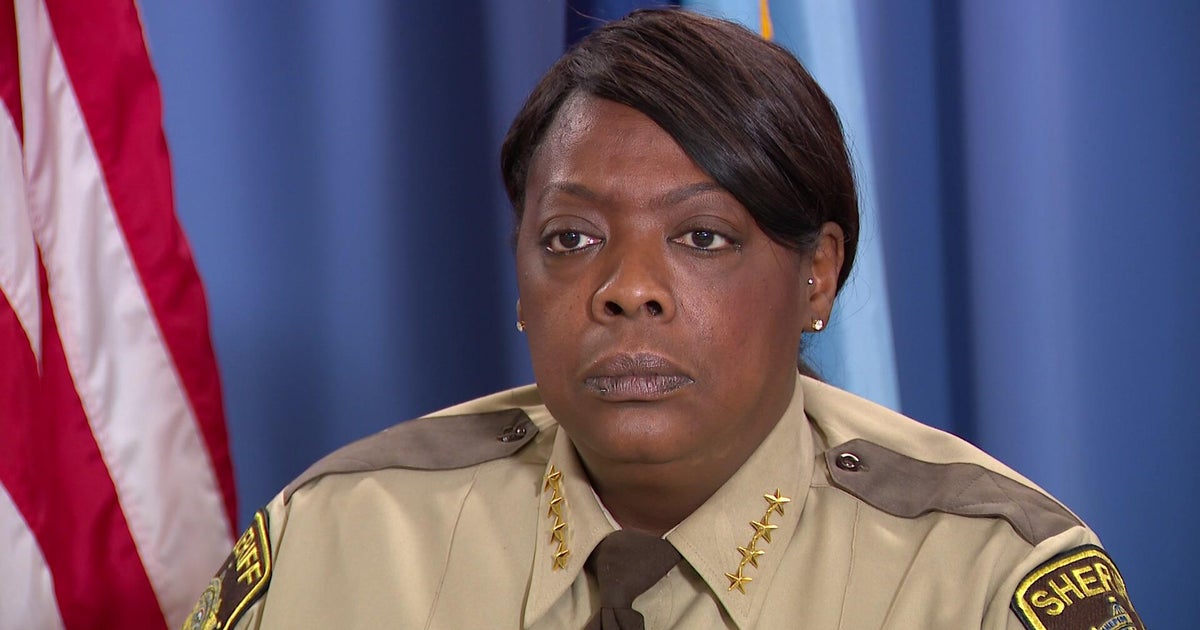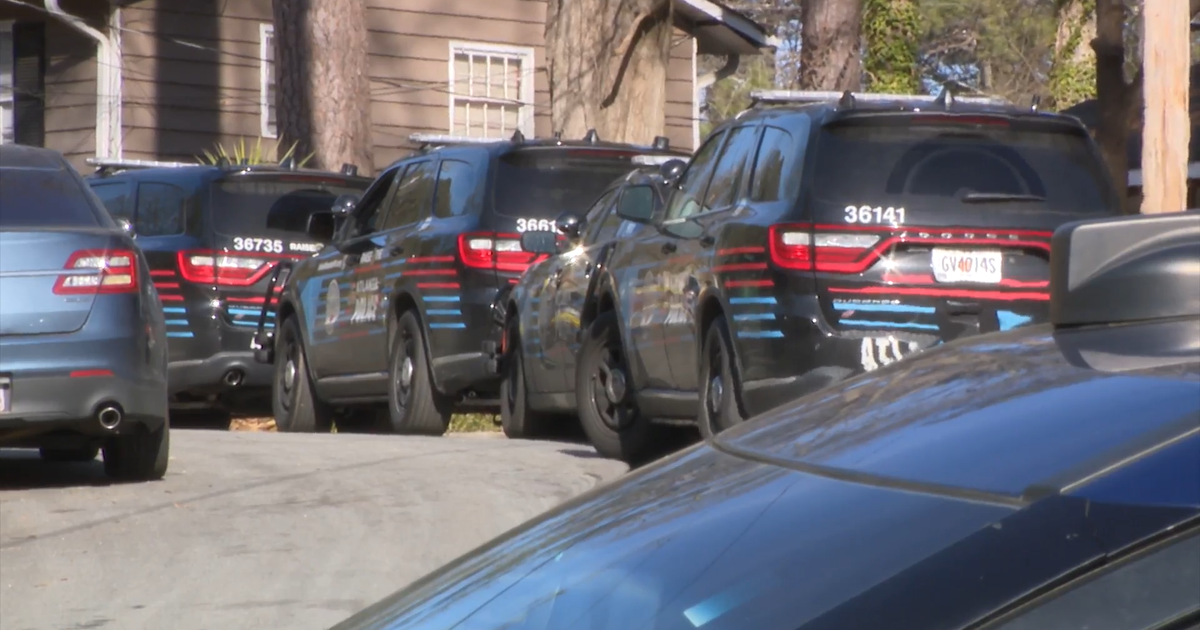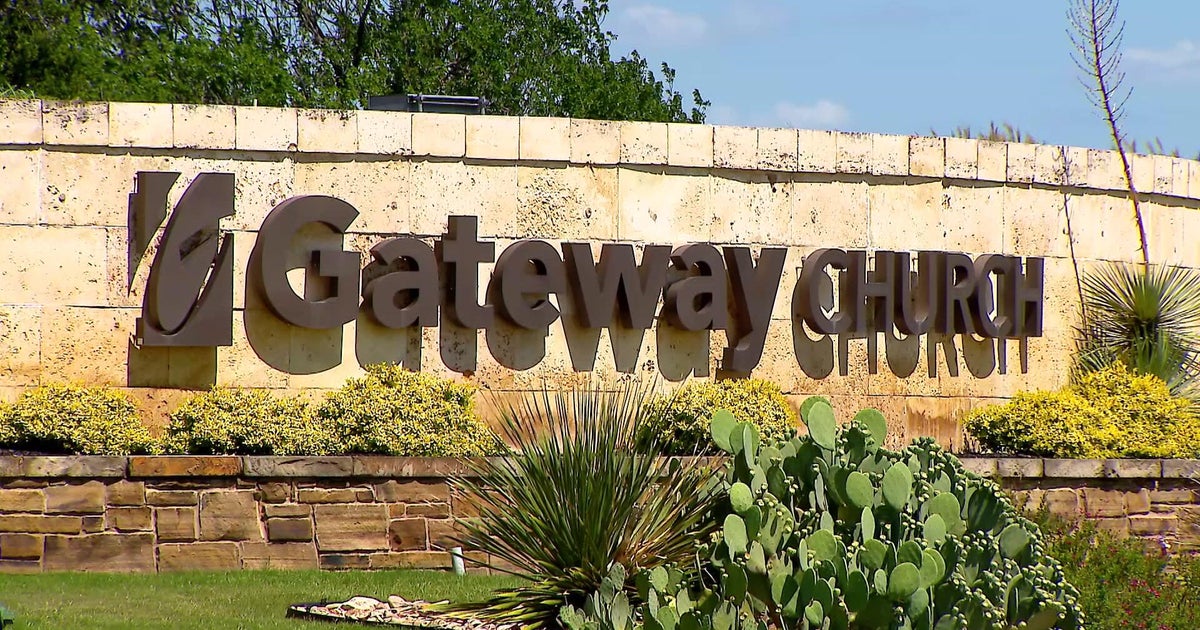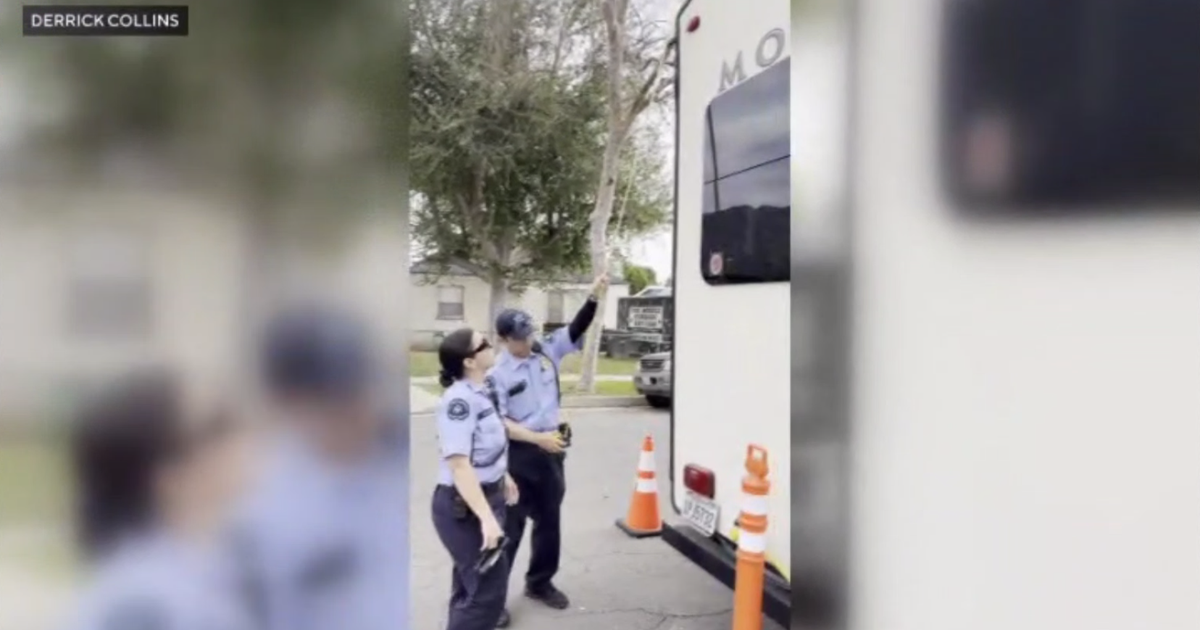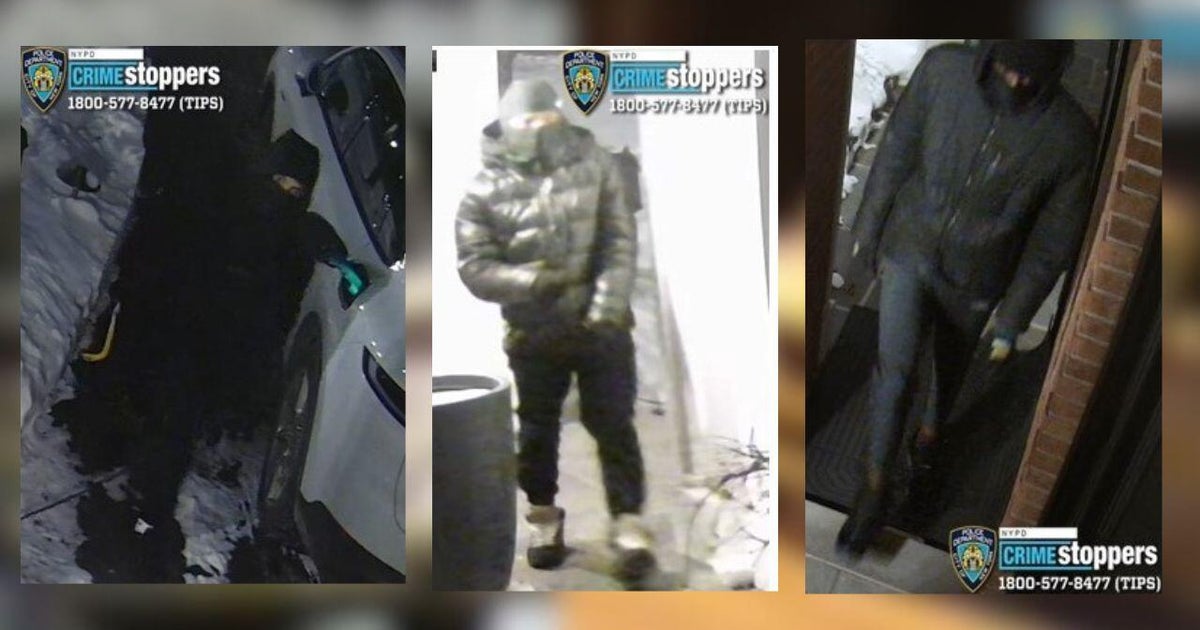Good Question: How Do Hate Crime Laws Work?
MINNEAPOLIS (WCCO) -- On Monday, the Red Wing City Council made a strong statement in support of the police. It passed a resolution saying it supports national efforts to make attacks on police officers hate crimes. Members of the city council hope the state and federal government will take notice and change the laws.
So, how do hate crime laws work? Good Question.
Right now, 45 states and the federal government each have their own version of bias crime legislation.
In Minnesota, there is no one statute that defines a specific hate crime, but rather several statutes that enhance penalties for certain crimes that are motivated by bias. Those crimes include assault, defamation, harassment, stalking and criminal damage to property. In Minnesota, the protected classes include: race, color, religion, sex, sexual orientation, disability, age or national origin – actual or perceived.
If someone commits one of those crimes with bias-motivation against someone in one of the protected groups, misdemeanors can turn into gross misdemeanors and gross misdemeanors can turn into felonies.
"It would have to be committed on them because of their race," Dakota County Attorney Jim Backstrom said. "There are crimes committed against people of all races all the time that aren't necessarily bias-motivated, but if we can show the reason for the crime was because of that person's race, then it was a bias-related crime."
According to the FBI, 6,000 hate crimes were reported in 2013, but the Department of Justice believes 294,000 hate crimes happened in 2012. The Minnesota Department of Public Safety reports 114 victims of bias crimes in Minnesota in 2014.
"Prosecutors are trained to look for these issues, police officers are trained to look for these issues," said Backstrom, who added officers are required to file separate reports when they investigate crimes associated with bias.
Federal hate crime legislation strengthened in 2009 with the Matthew Shepard, James Byrd, Jr. Hate Crimes Prevention Act of 2009. It added sexual orientation, gender, gender identity and disability to the protected classes, gave more leeway in federal investigations of potential hate crimes and gave local authorities more help and resources.
Earlier this year, U.S. Attorney General announced 33 federal charges, including hate crimes, against the man who killed nine people at a Charleston, S.C. church. South Carolina is one of five states with no hate crime legislation.
"This is exactly the type of case we think federal crime statutes were conceived of to cover," Attorney General Loretta Lynch said at the time.
